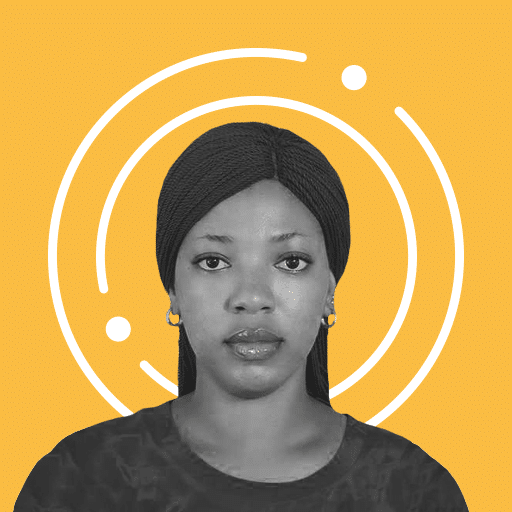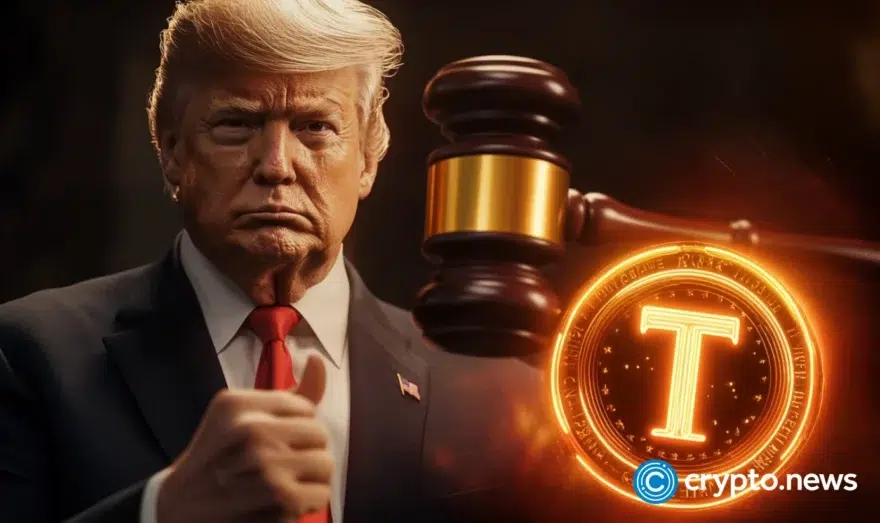South Korea: Strict Cryptocurrency Regulations Might Scupper Blockchain Busan “Safe Habor”

South Korea’s tough cryptocurrency regulations might hamper the city of Busan from successfully having a regulatory-free zone for blockchain and cryptocurrencies, according to a report by Korea ITTimes on August 6, 2019. Over time, crypto enthusiasts, experts, and lawmakers have called on the FSC to review its stringent crypto policies to enable the nascent industry to develop in the country.
Strict Policies Could Hinder Cryptocurrency Initiative
In July 2019, the Ministry of SMEs and Startups through the Special Committee on Regulatory Freedom at the Government Complex-Seoul declared the Busan metropolis a regulatory free-zone for blockchain and cryptocurrency.
However, South Korea’s stringent regulatory framework for cryptocurrency might not guarantee a smooth running of a blockchain free-zone in Busan, according to some experts.
A statement from a government official of Busan metropolis reads thus:
“The special district project is scheduled to start for the end of this year. Busan should review the proposals when the relevant ministries give opinions on the special district participation such as acceptance or conditional acceptance.”
While emphasizing that the city had to meet with relevant ministries before carrying out decisions, the Busan official said the ultimate decision rests with the country’s regulatory watchdog, the Financial Services Commission (FSC).
According to the official, if the FSC doesn’t welcome the idea of Busan being a regulatory-free zone for digital currency and blockchain, then the Ministry of SMEs and startups couldn’t influence the decisions of the government’s regulatory body.
Companies that would operate in the regulatory-free city include BNK Busan Bank, BP Solution, Coinplug, Sarada, Hyundai Pay, Busan Techno Park, and Korea Tour Pass.
Korean-based cryptocurrency exchange, OKCoin, was, however, excluded from the list, as the company’s policies went against civil and commercial laws. It is believed that being a company that handled virtual currency trading, also aided to its exemption.
DLT Hub
Just like Zug in Switzerland, the South Korean City is gearing to be the blockchain hub of the country. The second most populous city in the country recently announced plans to release its own cryptocurrency token.
The token, which would enable economic development in the city, would be tethered to the country’s fiat currency, the South Korean won. Furthermore, the Busan metropolis is carrying out its proposed stablecoin project in collaboration with the BNK Busan Bank.
South Korea is known to have stringent policies that discourage the cryptocurrency and blockchain sector from properly developing. Back in 2017, the South Korean financial regulatory body, the FSC, banned ICOs in the country. As at February 2019, the FSC’s stance on ICOs remained unchanged.
However, the Korea Bar Association called on the government to create a robust regulatory framework that would aid the development of blockchain and cryptocurrency startups in the country.
Also, some South Korean lawmakers called on the government to review its stringent policies regarding the distributed ledger technology (DLT) and virtual currency sectors. According to the lawmakers, it was best to deregulate both sectors.













